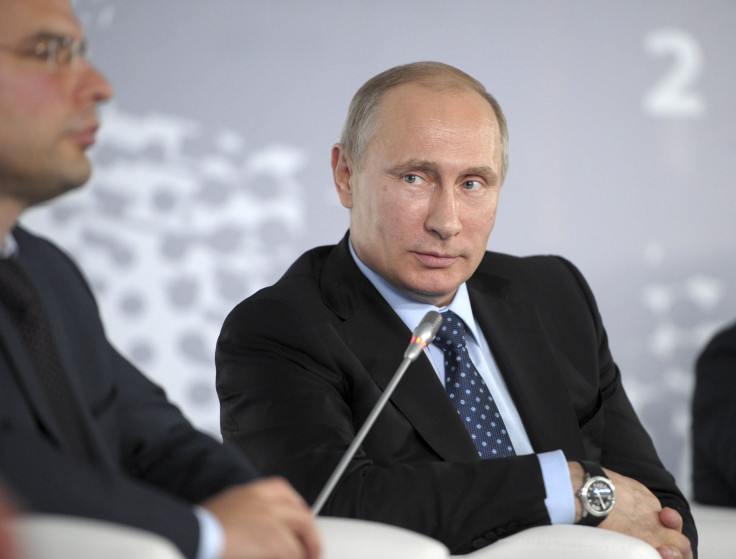Russian Court Bans Internet Porn Under Century-Old International Convention

A Russian court has instructed Roskomnadzor, the country's state-controlled Internet watchdog, to block 136 websites hosting “pornographic material” under the terms of international conventions signed in 1910 and 1923. Vague language in the ruling, first reported by the newspaper Izvestia, means all Internet pornography could soon be illegal in Russia.
The ruling comes after a district attorney in Tartarstan's Apastovksy district cited the regulations put in place in the early 20th Century in Czarist Russia and then the USSR, respectively. All of the websites on the list, including some of the most frequently visited in the world, must be blocked within the next three days, Global Voices Online reported.
The court banned the illegal distribution of pornography, though it failed to precisely define what “legal distribution” of pornography is, meaning millions of other Russian pornography websites could soon be knocked offline as well.
I repeat: a court in Russia has technically banned all Internet porn.
- Kevin Rothrock (@KevinRothrock) April 12, 2015This restriction on Internet activity is just the latest example of Internet crackdowns in Russia since Vladimir Putin returned to the presidency in 2012. The Kremlin recently enacted a “law on bloggers” that forces popular online writers to register their home address with the government, offers a bounty for anyone able to crack the increasingly popular Tor anonymity software and is forcing Western technology companies to collect and provide information on Russian Internet users.
The porn prohibition also coincides with a law that prevents using a photo of a celebrity in a meme “when the image has nothing to do with the celebrity's personality.” Depending on how the law is enforced, it could mean photos of a shirtless Putin remain legal while prohibiting flattering images of opposition leaders.
© Copyright IBTimes 2024. All rights reserved.











